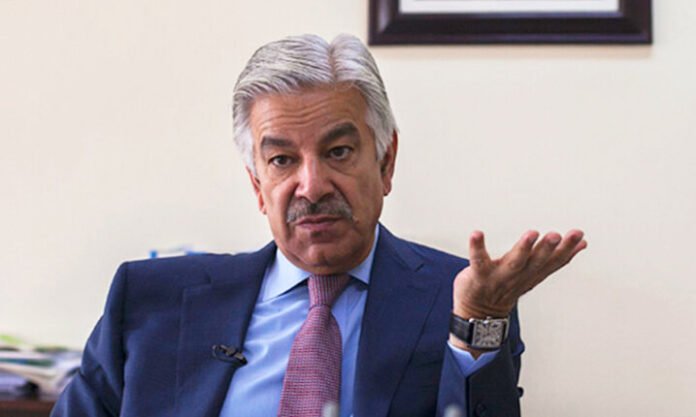In Pakistan’s ever-evolving political landscape, one thing is becoming increasingly clear: the so-called “hybrid system” — where elected civilian leaders and the powerful military share governance — is no longer a behind-the-scenes arrangement. It’s now front and center, openly acknowledged, and in some cases, even celebrated.
The clearest signal came recently from Defence Minister Khawaja Asif, who took to X (formerly Twitter) to credit the country’s recent successes — from economic recovery to foreign policy wins — to the “cooperation” between Prime Minister Shehbaz Sharif and Chief of Army Staff Field Marshal Asim Munir. “The revival of the economy, India’s defeat, and improved US ties all happened because of this partnership,” he wrote.
For many political observers, this wasn’t a revelation but a confirmation. The term “hybrid regime,” once used with caution and even criticism, has morphed into a model that is being publicly endorsed. Analysts say this is more than just optics; it’s a shift in how power is structured in Pakistan — where proximity to the military, not just the ballot box, defines real authority.
PTI once embraced this arrangement during its time in power. Now, rivals like PML-N and PPP seem to have accepted that survival depends not on challenging the system, but fitting into it. After years of political battles, jail terms, disqualifications, and engineered comebacks, many seem to have given up on fighting the tide.
Policy analyst and journalist Raza Rumi believes we’re witnessing something more than just a political moment. “It’s the slow cementing of a hybrid power structure,” he said. “Civilian faces remain in office, but actual power increasingly resides elsewhere.” The hybrid model, he adds, is now institutional — with ranks, protocols, and even a visible presence in global diplomacy.
One striking example of this new reality was Field Marshal Munir’s recent solo meeting with former US President Donald Trump — a rare and symbolic move that sidelined traditional diplomatic routes. Rumi noted that such a title carries not just military weight, but also political symbolism. “It’s a clear sign of where decision-making really lies,” he said.
The Prime Minister’s subsequent statement — reiterating his invitation to Trump and requesting a meeting “at the earliest” — highlighted what many see as a growing imbalance. “Elected leaders may hold the office,” Rumi explained, “but they are increasingly left out of the spotlight.”
Ahmed Bilal Mehboob, President of the Pakistan Institute of Legislative Development and Transparency (PILDAT), offers a slightly more optimistic view. He believes the current military dominance is partly a result of the toxic political fight between PTI and the ruling coalition — and that this dynamic could shift once tensions ease. “As confrontations subside through dialogue,” he said, “things could return to normal.”
Still, even Mehboob described the Trump-Munir meeting as “extraordinary” and “unprecedented.” He believes it reflects global recognition of Pakistan’s military in counterterrorism efforts and hopes it remains an exception, not the norm.
On whether political parties are embracing this hybrid model by choice or necessity, Mehboob said most are simply trying to navigate the reality — and hoping it’s temporary. But for Pakistan to have truly free and fair elections in the future, he stressed the need for all parties, including PTI, to come to the table for serious dialogue.
“The way forward,” he said, “is for everyone to step back from confrontation and focus on building the right environment for transparent elections.”
For now, though, Pakistan’s power map is being redrawn — and the hybrid model looks less like an experiment and more like the new status quo.




